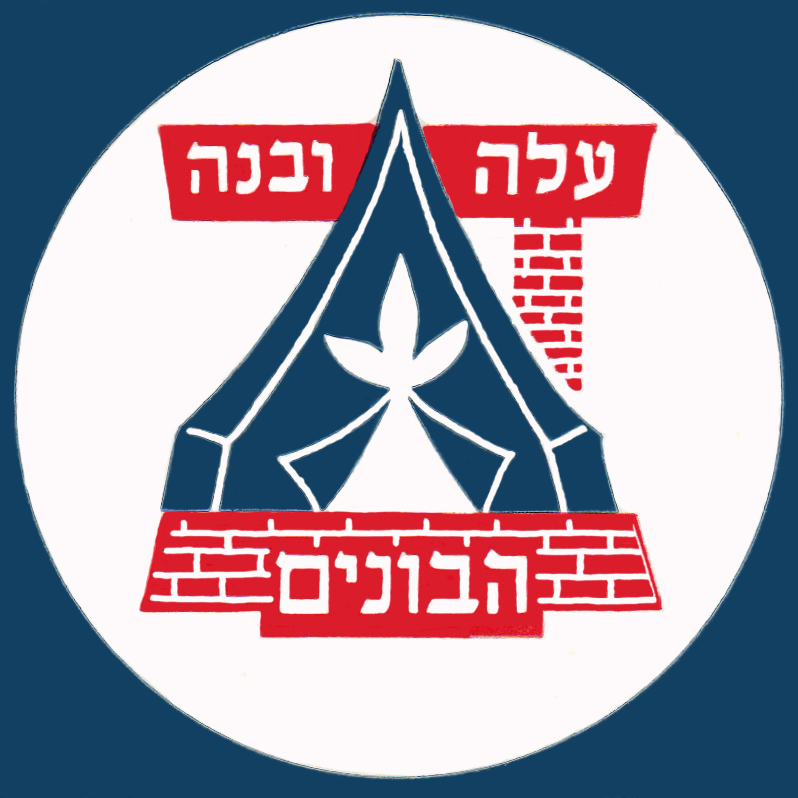After a wonderful Boneh, it was time to say goodbye and move on, and begin Habo History seminar.For those who dont know, Habonim Dror dates back a long time and played a major role in the establishment of many kbbutzim, and there are currently three kvutzot living in Israel. To get some backround, our first stop was at Chetzer Kinneret, where our kvutzas tour guide was Ilan.Ilan informed us that Chetzer Kinneret was quite the hotspot for Labor Zionists in the early 1900's, and was the beginning of many great things to come. A long time ago, a man by the name of Dr. Arthur Ruppin dreamed of runnning a training farm on the Kinneret. Finally, in 1909. Ruppin and the Paliestine office opened the Kinneret farm for the training of Agriculture. It just so haapened that Ruppin found a group of farmers, by the name of the Romni group, and had them come to the Kinneret Farm. At the Kinneret, the group lived a Kvutza lifestyle. For example, they put forth great effort in being not just a group of workers, but freinds, who had intimate relationships and lived almost like a family. In the begining, there was one main room. In this room, there were aseiphot, meals, singing, all that had to be done was done in the one room, since it was the only one. Since there was only one room however, it was difficult for the group to have privacy. The problem was quickly solved, as they created a sicha rock, where people would go to have one on one discussions.As time went on they continued to work. However, under the manager hired by Ruppin, there was constant tension, and after a series of strikes for various reasons, when the group was not given proper means of transportation by the manager to visit their sick friend, it was the last straw. Ruppin decided to give them the opportunity to work without being controlled, and boy did they work!Later, on October 28, 1910, ten men and two women left, and took over Umm Juni, and established Degania, which later became the first kibbutz, which was the place where the most well known Zionist's ideals were lived out.
Following Chetzer Kinneret, we drove up the road to the Kinneret cemetary, where we visitied zionist thinkers who laid out the idea of Kibbutzim and a socialist society. Among these Zionists were Hess, Syrkin, and Borochov. All three of these Zionists had major rolls in the future of Israel. ALthough he is not credited enough, Hess was the real father of Zionism. Before Herzl, Hess realized that Jews are faced with persecution, and hold unfair class status. As a reslut, Hess came up with Socialist Zionism, a movement where class barriers are broken down, and Jews would live equal lives in their own place. Following Hess came Syrkin, and Borochov, both figures established a varriety of Socialist Zionist groups, and was the inspiration for the Hagshama of Zionists who beleived that a socialist society was the best way to live. This was just the begining of the seminar. Having this backround, as you will see is essential in understanding what Habonim Dror stands for.
Under important websites, I have posted some links to our friends.
Planting Trees, The Matrix & HaNoar HaOved VeHalomed
-
Last week, someone asked me how I’m settling into my work here in North
America as an Israeli emissary. I smiled and answered that I’m absolutely
loving it...
9 years ago







